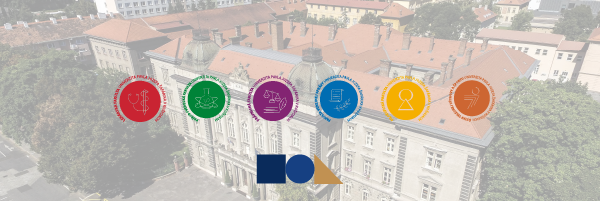Anotácia:
Sféra ochrany osobných údajov zamestnanca a s tým súvisiacich povinností zamestnávateľa je jednou z najdynamickejšie sa vyvíjajúcich oblastí práva. Právo sa snaží reagovať na rozvoj technológií umožňujúcich monitorovanie zamestnancov a zber dát, pričom (tradične) voči nim zaostáva. Mohutný trend informatizácie zberu dát spojený s čoraz väčším zásahom do súkromnej sféry zamestnanca (a niekedy i zákazníka) v dôsledku ambicióznej snahy na úrovni Európskej únie (prijatím nariadenia o ochrane osobných údajov) dostane základné štandardy a mantinely, ktoré bude musieť rešpektovať každý jeden členský štát. Tieto štandardy sú však v právnych normách podávané typickým zložitým právnickým jazykom, často nepochopiteľným pre obyčajného zamestnávateľa, pričom množstvo právnych noriem vo vzťahu k ochrane osobných údajov obsiahnutých v Zákonníku práce, Občianskom zákonníku ako i v zákone o ochrane osobných údajov (po novom čoskoro i v nariadení o ochrane osobných údajov) tejto neprehľadnosti nepomôže. Aj preto vnímame ako veľmi žiadanú prípravu právnej analýzy, v ktorej spracujeme katalóg práv a povinností zamestnávateľa v súvislosti s meniacou sa právnou úpravou a s ním korelujúci katalóg práv a povinností zamestnanca (ktorý bude reflektovať mnohé nové zavádzané inštitúty podporujúce ochranu osobnosti – napr. právo byť zabudnutý, právo na obmedzenie zberu dát a pod). Keďže možnosti monitorovania majú veľmi tenké a nejasné hranice, definované mnohokrát len účelom zberu dát, pokúsime sa zároveň v právnej analýze pripraviť riešenia na množstvo praktických situácií, s ktorými sa zamestnávatelia stretávajú na dennom poriadku.
Annotation:
The sphere of privacy of the employees and related obligations of the employers is one of the most dynamically developing areas of law. It is because of the fact that the law seeks to respond to the development of technologies that allow employee monitoring and data collection, and (traditionally) stays behind that development. This trend of informatization of data collection coupled with an increasing interference to the private sector of employees (and sometimes even the customers) receive an ambitious effort at European Union level (the adoption of The Regulation of Protection of Personal Data) and will set up basic standards and constraints that will have to respect each and every Member State . These standards are administered in legal norms in typical specific legal language, often incomprehensible for ordinary employer, and because the rules of the protection of personal data is now operating in synergy of the Labour Code, the Civil Code as well as the Act on Protection of Personal Data (after the efficiency it will be the new Regulation on the Protection of Personal Data and new Act on Protection of Personal Data) this lack of transparency does not help. That is why we see such high demand for preparation of legal analysis, in which will be processed the catalog of rights and obligations of the employer in regard to changing legislation, as well as the catalog of employee obligations and rights (as it introduces many new institutes that support the personality protection – e.g. the right to be forgotten). Since monitoring of the employees has a very thin and often unclear boundaries (often defined solely by the purpose of data collection), at the same time we will try to prepare in the legal analysis a solutions for a number of practical situations that employers face on a daily basis.










